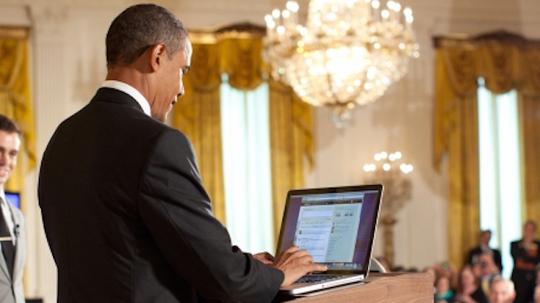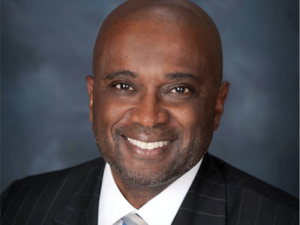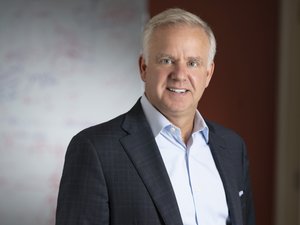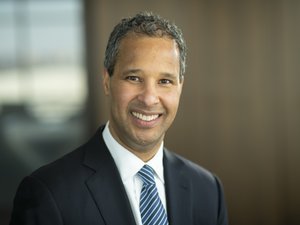
President Obama's thinking about technology and innovation has informed a lot of his tenure in national politics. He's been noted for trying out new ways of campaigning, like texting his vice presidential pick to supporters and pioneering online fundraising, running new and pre-existing government programs in more tech-friendly ways and for sharing news from the White House on new channels, like YouTube star interviews, Snapchat or through timely internet memes.
"Innovation will be a big part of Obama's legacy," Bill Eggers, public sector research director at contracting giant Deloitte told DC Inno in an interview. "That's true in a number of ways."
Eggers has written a whole book on innovation and technology in government titled "Delivering on Digital," and has seen the impact of new ideas and technology at every level of government. But the biggest impact, he says, and biggest obstacles are often at the federal level.
A recent Government Accountability Office report pointed out an enormous range of outdated government tech, most notably that the controls for nuclear missiles use decades-old technology. But there are plenty of lesser examples like the presence of Windows XP, which is worryingly out of date in terms of security, or the way that old-fashioned Blackberry phones are only now starting to get phased out (although some people, including Obama himself, don't want to get rid of the device).
Obama's view that things needed to change was obvious from the start, according to Eggers.
"The administration came in with a really solid plan on open data," Eggers said. "Now there's over 200,000 data sets and it's started a movement all over the world."
That data has been useful in all kinds of ways. Not only has it been helpful in creating and administering government programs, but the open nature of the data has made it useful for companies working on new apps connected to transportation data for instance, or for civic innovation startups that need good data to plan out their products.
But, for all his personal tech savvy, Obama and his administration had blind spots that needed addressing. Eggers points to the terrible first rollout of healthcare.gov as a moment when Obama really doubled down on innovative planning.
"Healthcare.gov was a wake up call," Eggers said. "With crisis comes opportunity. It provides focus in a way that's sometimes hard to do without that crisis."
Since that point, the Obama administration has improved its tech agility with new initiatives like the U.S. Digital Service. He's staffed the USDS and many other agencies with big names in tech like Google's Megan Smith, serial startup exec DJ Patil and Twitter's Jason Goldman among others, all of whom than before to help attract tech talent to work in the government for a while.
But, with the presidential election approaching, there are questions of how the innovations will extend into the next administration. More than 100 tech and innovation leaders wrote an open letter declaring that Donald Trump would be "a disaster for innovation," a sentiment shared by Consumer Technology Association President Gary Shapiro. Eggers is more sanguine.
"General progress will continue regardless of who's elected," Eggers said."The president can affect what happens next but progress will still occur."
Even if you might still see some federal employees clinging to their Blackberrys for a little while longer.




